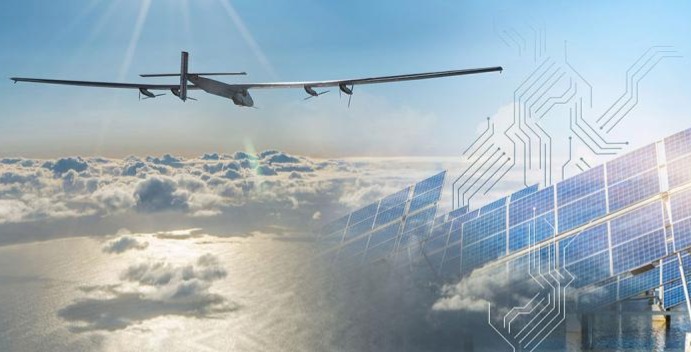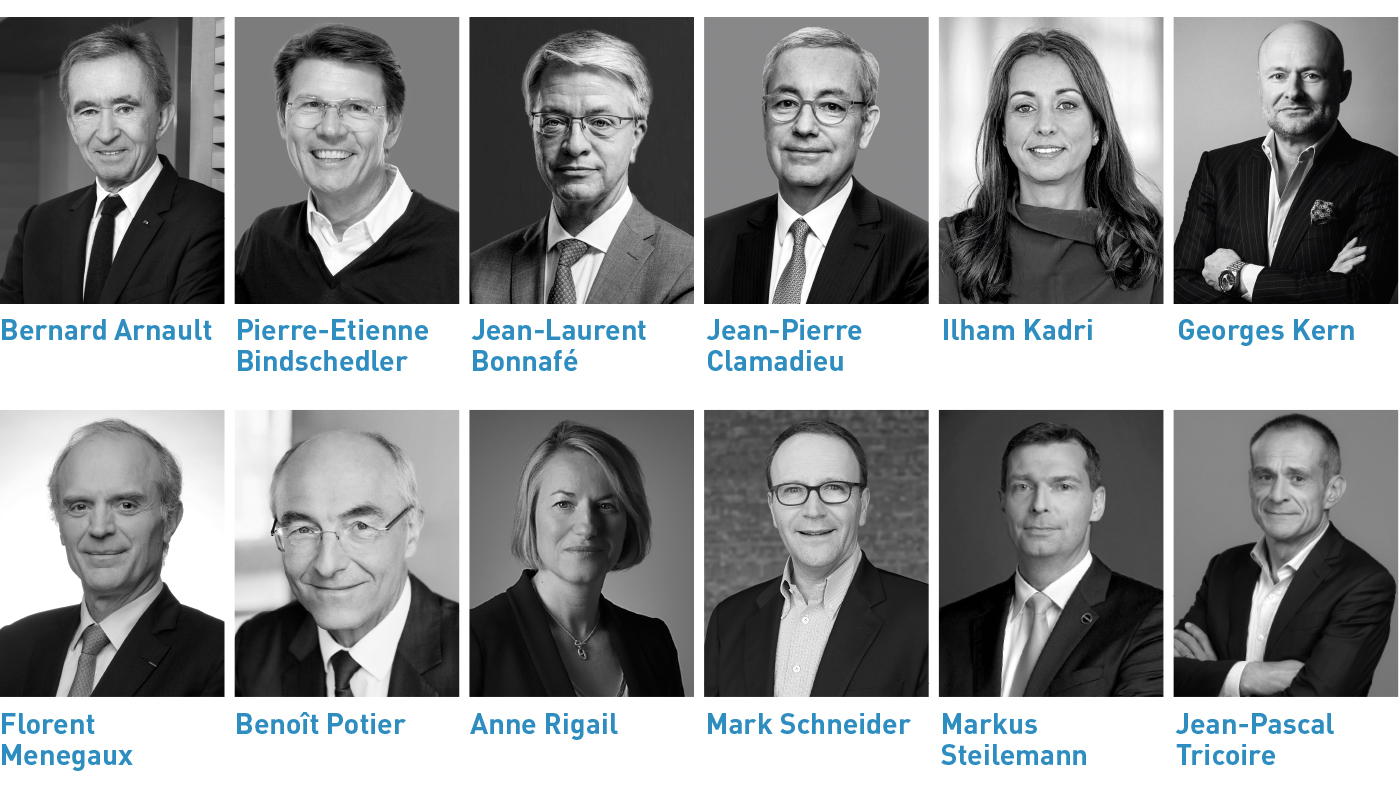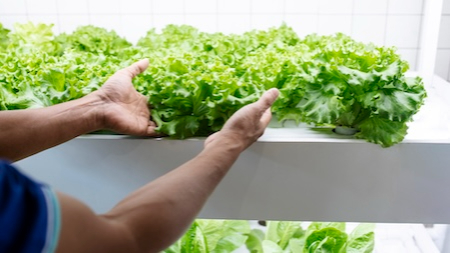Opinion - June 1, 2020
Business Leaders Commit to a Clean Economic Recovery


Written by Bertrand Piccard 3 min read
By Bertrand Piccard and the Solar Impulse Foundation Partners
The COVID-19 crisis is not over. Many people are still suffering from it, and yet voices are already calling for a return to normal. But what is normality? Prior to the crisis, was the situation anything like “normal”? Our society was fragile, our way of life was unsustainable and creating inequalities. Already afflicted by climate change, our economies are now severely threatened by a viral fever.
Is this really the society we want to return to? If the crisis leads to a new world, what will it look like? Everywhere, op-eds, analyses, and opinions on these essential questions are flourishing, as if all we had to do is wish for it to happen.
A More Sustainable Economy
We, the Solar Impulse Foundation and the corporations who support it, do not simply wish for a more sustainable world; we commit to implementing it ourselves through very concrete actions.
The partners of the Solar Impulse Foundation represent more than one million jobs worldwide and a considerable part of the global economy. Our activities enable people to feed and clothe themselves, move, travel and entertain, live experiences, keep warm. We manufacture health-care equipment, everyday products and luxury goods, raw materials and tires; we manage financial products and build infrastructure; we provide energy and help people use it efficiently.

As major players in the economic and industrial world, we are fully aware of our role in society. That is why we will do everything we can to build a better world after this crisis – a world that is cleaner, more sustainable, fairer, more efficient, and more respectful of biodiversity and the climate. Despite the crisis that is hitting us, like thousands of other companies, we are committed to meeting our social and environmental objectives, promoting sustainable and affordable food, renewable energies, products from fair trade, reducing our greenhouse-gas emissions, circular-economy processes, and resource efficiency.
Leveraging Clean and Profitable Technologies
How will we do this? We will use the clean technologies that are being developed all over the world – technologies that the Solar Impulse Foundation has been selecting, supporting, and promoting for several years through its 1000 Solutions Challenge. There are thousands of them, in the fields of water, energy, infrastructure, mobility, industrial processes, and agricultural production.
"The industrial market of the century is to replace old and polluting systems with modern, clean and efficient ones" Bertrand Piccard, Chairman, Solar Impulse Foundation
We make this commitment for the economy as much as for the planet. Indeed, these clean technologies are not only beneficial for the environment; they have become financially profitable. By allowing us to consume less-costly renewable energy, making our industrial processes more efficient, reducing waste and pollution, and improving recycling, these clean and profitable solutions are a formidable lever for qualitative rather than quantitative economic growth. They make possible a new economic system based on replacing polluting products and processes with efficient and sustainable ones – a system in which we consume better, rather than consuming more.
Our common vision is of a world that no longer pits the interests of environmental activists against those of major economic and industrial players. We have the same goals: to create jobs, to participate in social welfare, and to improve quality of life on this planet.
Although some people are pleased that the pandemic-induced halt to human activities has reduced pollution, the current situation is a perfect example of how an economic downturn can be disastrous for millions of people. Our common goal is to build a world in which the prosperity of our societies goes hand in hand with that of our planet.
Ambitious Environmental Policies
The technologies to do this exist; we are already starting to use them. But we need them to become more widespread. That is why we unanimously call on governments to implement ambitious environmental policies, with clear strategies and sector-specific trajectories that give us the security necessary to invest in the future. The legal and legislative framework must avoid distortion of competition between those who show a pioneering spirit and those who continue to act as if the environmental crisis did not exist.
The COVID-19 crisis, though most terrible, is an opportunity to rebuild a new sustainable economic and industrial model. We, the Solar Impulse Foundation and its partners, are committed to implementing it and call on you to do the same.
This commentary is co-authored by the Solar Impulse Foundation’s partners:
Bernard Arnault, Chairman and CEO, LVMH
Pierre-Etienne Bindschedler, CEO, SOPREMA
Jean-Laurent Bonnafé, CEO, BNP Paribas
Jean-Pierre Clamadieu, Chairman of the Board of Directors, ENGIE
Ilham Kadri, CEO, Chairman of Executive Committee, Solvay
Georges Kern, CEO, Breitling
Florent Menegaux, CEO, Michelin and President, Movin’On
Benoît Potier, Chairman and CEO, Air Liquide
Anne Rigail, CEO, Air France
Mark Schneider, CEO, Nestlé
Markus Steilemann, CEO, Covestro
Jean-Pascal Tricoire, Chairman and CEO, Schneider Electric

Bertrand Piccard is Chairman of the Solar Impulse Foundation.
This Op-Ed was originally published in the Financial Times. Read the original version.

Written by Bertrand Piccard on June 1, 2020


